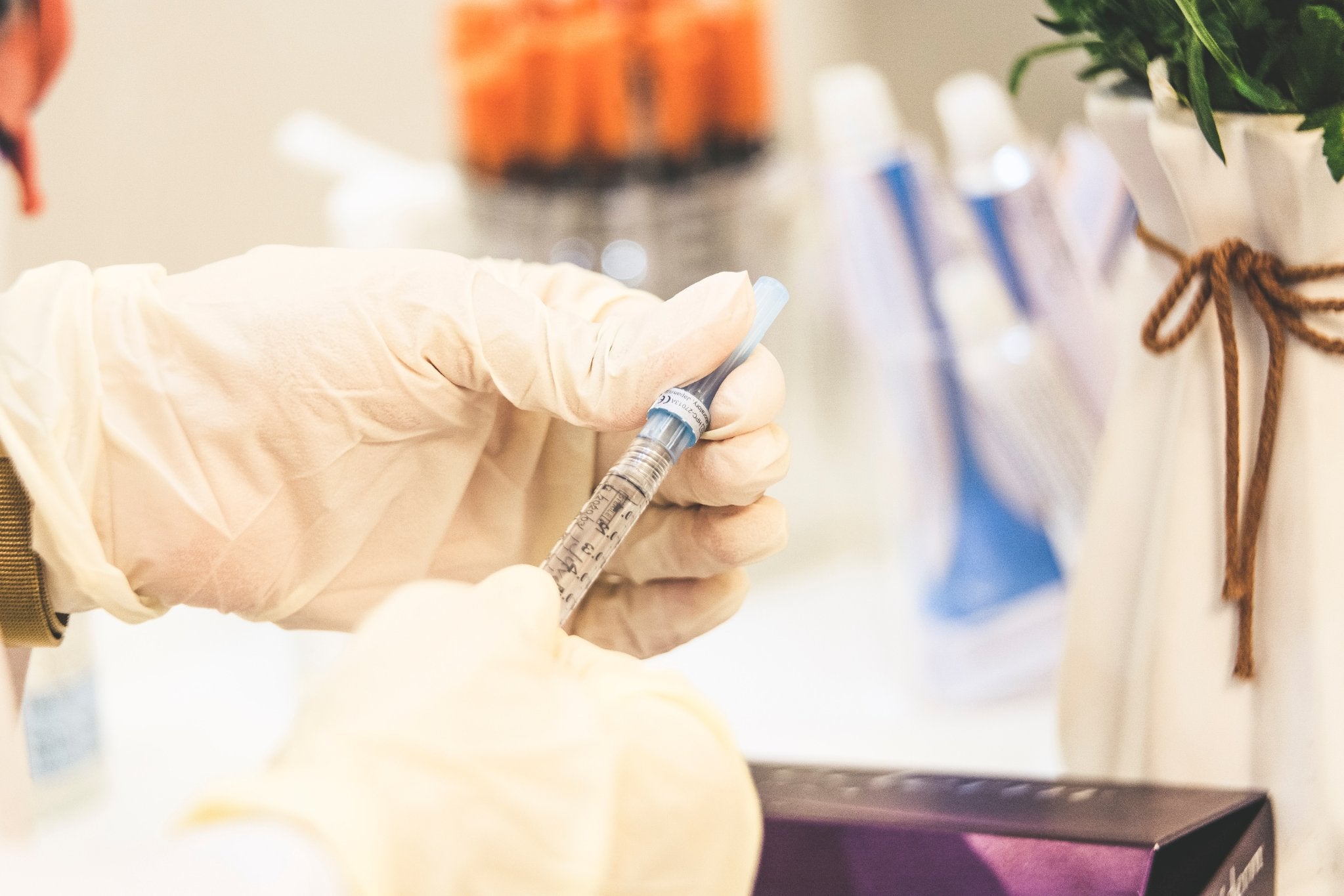
AstraZeneca has announced that its long-acting antibody (LAAB) combination, AZD7442, failed to meet the primary endpoint in the Phase III STORM CHASER study involving people with recent exposure to the SARS-CoV-2 virus.
The trial is designed to evaluate the safety and efficacy of AZD7442 in preventing symptomatic Covid-19 in this study population.

Discover B2B Marketing That Performs
Combine business intelligence and editorial excellence to reach engaged professionals across 36 leading media platforms.
AZD7442 is a combination of tixagevimab (AZD8895) and cilgavimab (AZD1061), which are obtained from B cells given by convalescent Covid-19 patients.
It was discovered by Vanderbilt University Medical Center and licensed to AstraZeneca in June last year.
The randomised, double-blind, placebo-controlled, multi-centre STORM CHASER trial compared a single 300mg intramuscular dose of AZD7442 to saline placebo in 1,121 subjects at 59 sites in the UK and US.
Participants were unvaccinated, aged 18 and above, and had been exposed to a Covid-19 patient in the last eight days.

US Tariffs are shifting - will you react or anticipate?
Don’t let policy changes catch you off guard. Stay proactive with real-time data and expert analysis.
By GlobalDataThe first case of SARS-CoV-2 RT-PCR-positive symptomatic Covid-19 was recorded after the day 183 dose, which was the trial’s primary efficacy endpoint.
AZD7442 did not meet the primary goal, demonstrating a 33% decrease in the risk of developing symptomatic Covid-19 versus placebo. This decrease is not statistically significant, AstraZeneca noted.
In a pre-planned analysis of subjects with detectable virus (PCR positive) and no detectable virus (PCR negative), the drug candidate lowered the risk of symptomatic Covid-19 by 73% versus placebo in those with no detectable virus at dosing.
A post-hoc analysis of subjects who had no detectable virus at baseline found that AZD7442 mitigated the risk of symptomatic disease by 92%, compared to placebo, more than seven days post-dosing and by 51% up to seven days post-dosing.
AstraZeneca BioPharmaceuticals R&D executive vice-president Mene Pangalos said: “While this trial did not meet the primary endpoint against symptomatic illness, we are encouraged by the protection seen in the PCR negative participants following treatment with AZD7442.
“We await results from PROVENT, our pre-exposure prevention trial, and TACKLE, our treatment trial, in preventing more severe disease, to understand the potential role of AZD7442 in protecting against Covid-19.”
AZD7442 was observed to be well tolerated in the STORM CHASER trial and preliminary analyses revealed similar adverse events in the treatment and placebo groups.
In March this year, AstraZeneca’s AZD1222 vaccine showed statistically significant efficacy of 79% at preventing symptomatic Covid-19 and 100% efficacy at preventing severe disease and hospitalisation.





